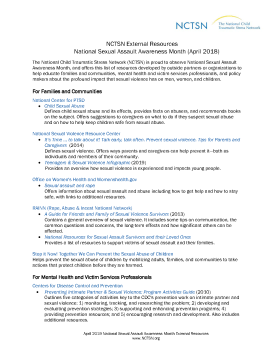
National Sexual Assault Awareness Month External Resources
Provides external resources related to sexual assault and National Sexual Assault Awareness Month.
The following resources on child trauma were developed by the NCTSN. To find a specific topic or resource, enter keywords in the search box, or filter by resource type, trauma type, language, or audience.

Provides external resources related to sexual assault and National Sexual Assault Awareness Month.

Describes developmental, cultural, and clinical aspects of Childhood Traumatic Separation (CTS); similarities and differences between CTS and Childhood Traumatic Grief (CTG); and how evidence-based trauma treatments for CTG can be applied for children with CTS.
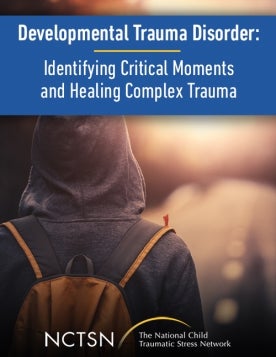
Depicts Debbie, a 10 year old multiracial girl who lives with her 27 year old African American mother Sharon. Sharon has struggled for years with substance abuse. The family lived for several years in a shared space which was quite chaotic.
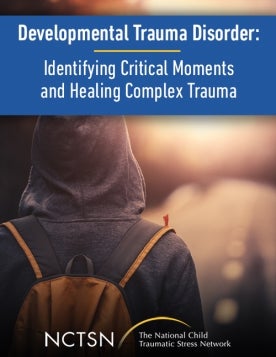
Presents eleven-year-old Clara in her third treatment session, sharing about the first sexual abuse she experienced. Clara’s growing discomfort is evident as she describes her mother’s former live-in boyfriend, Michael, and how the abuse progressed.
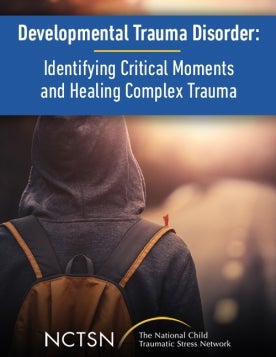
Depicts Maya, a 9-year-old girl, was referred for therapy due to numerous instances of domestic violence by her father toward her mother (some of which she witnessed), physical abuse by her father, and possible sexual abuse with no specific disclosures.
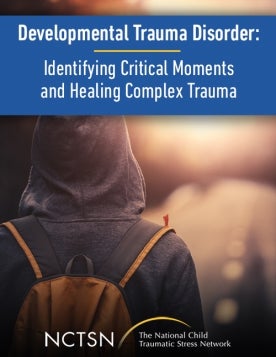
Presents Adam, a 15-year-old Caucasian male who grew up in the suburbs outside of Chicago with his mother, father, and two sisters. His family is pretty well off financially and he and his siblings all attend private school, have personal tutors, and enjoy horseback riding and soccer.
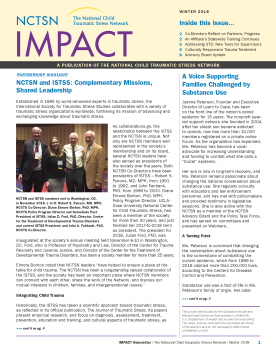
Includes articles that range from how NCTSN leadership and missions are linked with other trauma-focused organizations, such as the International Society for the Study of Traumatic Stress.
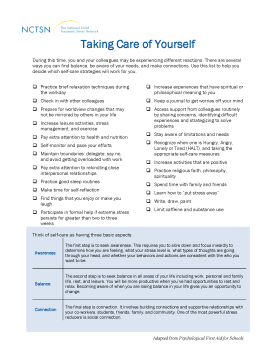
Offers providers a list of ideas for self-care strategies to use after a difficult event. This checklist outlines the three basics aspects of self-care including awareness, balance, and connection.
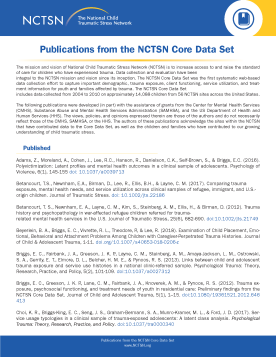
Is a list of publications from the NCTSN Core Data Set. This comprehensive list gives readers the reference information for each publication.
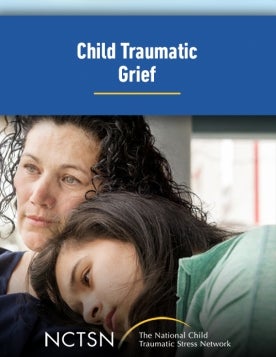
Provides a brief overview of the definition and impact of traumatic separation. Speakers will discuss the importance of understanding traumatic separation when working with youth in the foster and kincare systems.
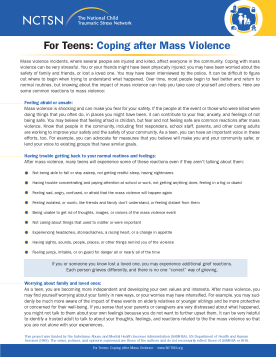
Offers information for teens about common reactions to mass violence, as well as tips for taking care of themselves and connecting with others.

Depicts a moment when Rose initially directs her feeling of being victimized toward her therapist. Rose expresses that therapist’s contact with her mother and school has increased the stigma and vulnerability she feels, and her sense that she’s not getting the support she needs.